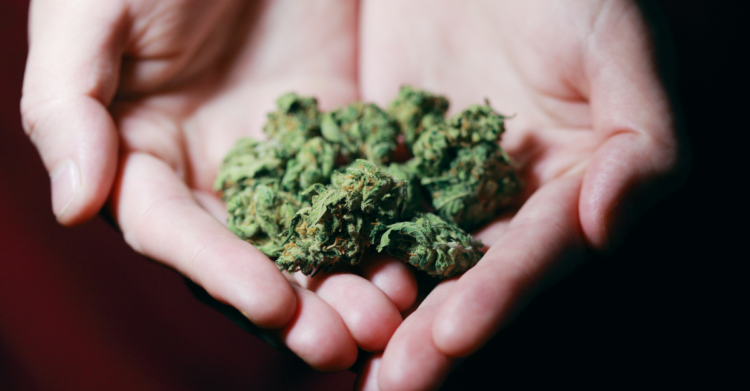Way back in 1961, the United Nations adopted a single convention on the categorization, laws, and enforcement of narcotic drugs.
At that time, cannabis was categorized as both Schedule I and Schedule IV, which put it under the same umbrellas as narcotics like heroin, LSD, and fentanyl.
But in a landmark vote, the UN announced on December 2, 2020 that cannabis and cannabis resin would no longer be categorized under Schedule IV.
Though still listed under Schedule I, this change opens up the possibility of more research being done into the medical uses of cannabis.
Previously, the strict controls placed on Schedule IV substances made medical research difficult. Laboratories were unable to legally acquire enough of the product to adequately study it and large medical trials were out of the question.
While Schedule I continues to categorize it as a substance with little known medical value, that now has the possibility of changing in the future.
The UN decision was not unanimous, with 27 of the 53 member states voting in favor of the change.

The vote was called after the World Health Organization (WHO) presented its arguments in favor of the change.
In their arguments, the WHO noted that the blanket Schedule IV ruling meant that cannabidiol (CBD), the non-intoxicating cannabis compound, was also prevented from proper study, even though CBD itself is not a controlled substance and a billion-dollar industry is growing around its therapeutic use.
Meanwhile more than 50 countries have already adopted medical cannabis programs.
On top of that, 15 US states, as well as the countries of Canada and Uruguay have legalized cannabis entirely for recreational use.
The WHO argued, and enough of the UN members agreed, that cannabis no longer belonged in Schedule IV alongside other narcotics known to cause significant harm and have a high potential of abuse.
This is a particularly notable win in a continuing run of pro-cannabis legislation.

Following the examples of Canada and Uruguay, Mexico and Luxembourg are nearing countrywide legalization for recreational use. Meanwhile, on December 4, 2020, the US House of Representatives voted in favor of decriminalize cannabis on the federal level and expunging marijuana-related convictions from citizens’ records.
However, it seems unlikely that the MORE Act (“Marijuana Opportunity Reinvestment and Expungement Act of 2020”) will be brought to the table in the Senate, after the vote was mocked publicly by Senate Majority Leader Mitch McConnell.
h/t: NPR , UN News , BuzzFeed News

















































